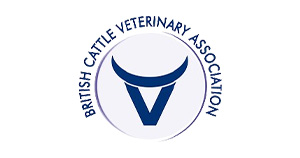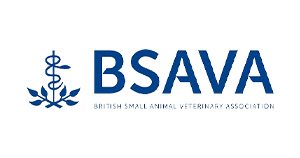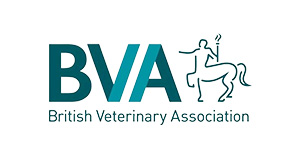Pet Nutrition & Your Vet: Working Together for Optimal Health
Clinical nutrition – how a team approach with your vet can achieve the best outcome
Published on: Aug 24, 2018
When your pet is unwell, there is a good chance that your vet will discuss nutrition and may recommend a specific food. This is perhaps unsurprising nowadays, as we understand more how our own diet can influence our health.
However, what is surprising is quite how much difference the right food could make, or the different ways in which nutrition can help. For example, for patients with chronic kidney disease, feeding a specially formulated diet is the single most important change we can make, and has been proven to extend life expectancy after diagnosis. In patients with other conditions, such as diabetes, feeding a consistent, appropriate diet helps support smoother management of the disease. It is even possible for nutrition to play a diagnostic role, in a veterinary exclusion diet trial to identify a food allergy.
So it’s important that you try to stick to your vet’s nutritional recommendations. But it’s common for owners to have concerns, perhaps that their pet won’t like the food or format recommended. Owners sometimes have strong views about their pet’s diet and are reluctant to feed certain foods, and many have cost concerns.
Owners can feel nervous about raising these concerns, so it can be all too easy to agree to a dietary change in the consult room but quietly switch to another food later on. While well-meaning owners often try to find an appropriate alternative food, without the guidance and awareness of the vet these changes usually have a negative impact.
If this resonates with you it’s important to remember that your vet will understand your concerns and it is far better to speak honestly about them from the outset. Your vet will recognise that the recommended diet will have no benefit if you are unlikely to continue feeding it. They can suggest alternatives that are more palatable for your pet, or you! They may even be able to seek advice from a veterinary nutritionist to find the right solution.
Veterinary diets do usually have a higher price tag than normal foods, due to their high quality standards and scientific development. However, a higher digestibility means that the daily feeding amounts, and costs, of these diets are usually much lower than owners realise, and the difference over normal feeding costs is justified by the benefits they bring. However, again, discussing cost concerns with your vet allows you to work together to find realistic solutions.
So, when it comes to dietary support for your pet when they are ill, the way forward is to work together with your vet as a team. Be open to making the changes they recommend but be honest about your concerns. Set realistic goals for transitioning onto the right diet and, above all, if your vet has recommended a specific diet because of a health concern, speak to them before making any changes.
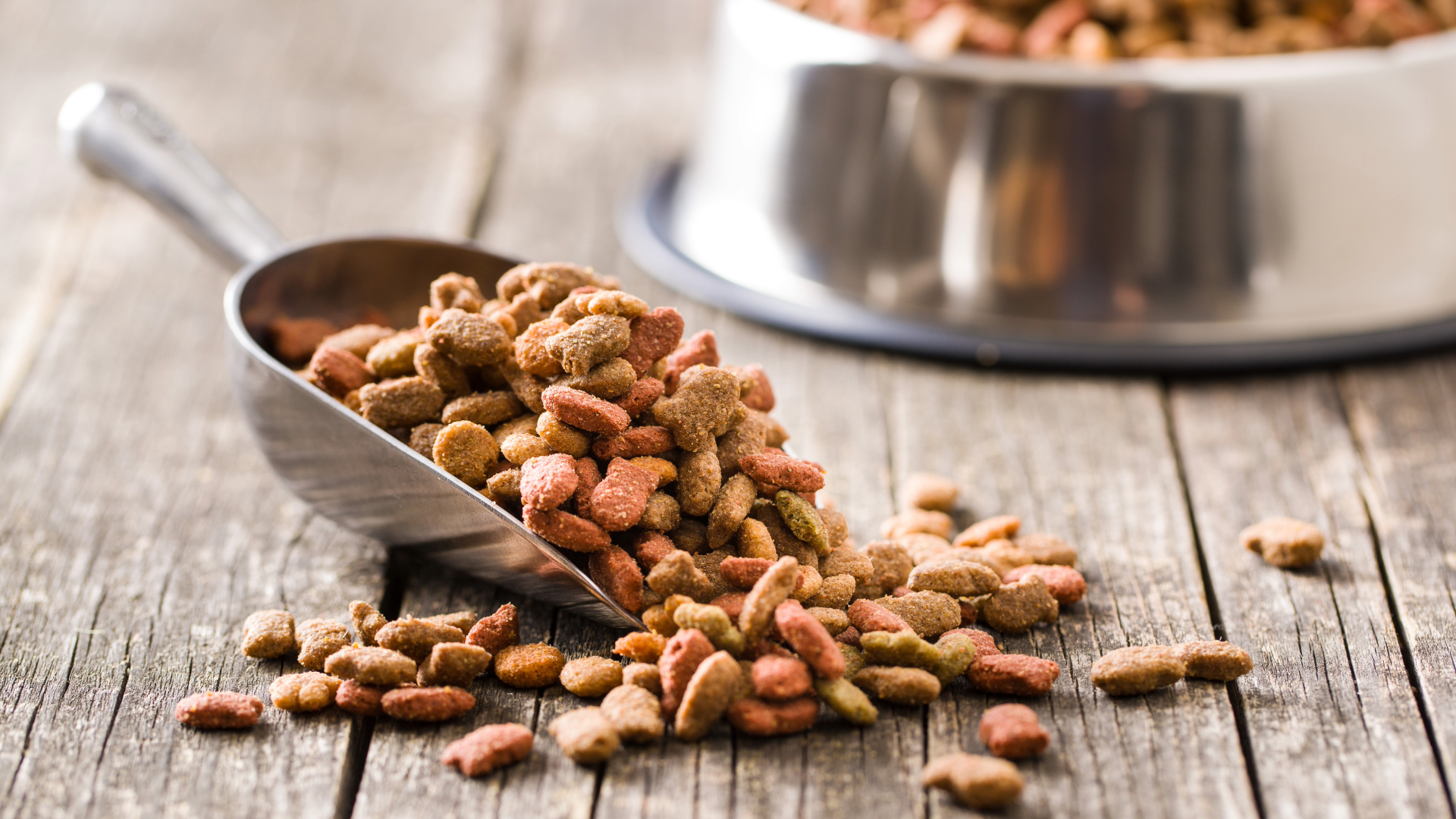
pet clinical nutrition | vet recommended pet food | pet food for health problems | cost of vet recommended pet food | switching pet food | Shepton and Wells Vets |
Caring for your pet as we do our own
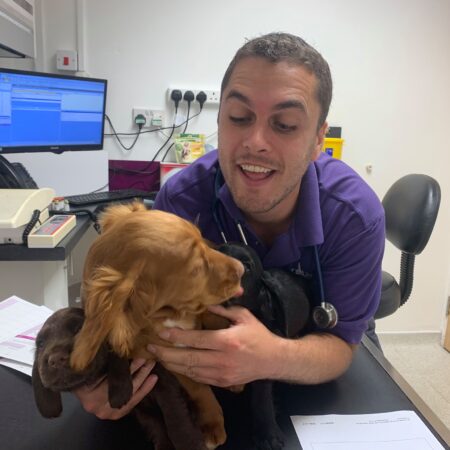
At Shepton and Wells Vets, we understand what your pets mean to you, and so our Pets team aim to care for each and every one of them as we would do our own.
We care about your pet
Our primary focus is keeping them fit, happy and healthy with comprehensive and effective preventative healthcare, advice and treatment.
We care about you
We aim to communicate clearly and honestly with you, and discuss different treatment options so that you can make the right informed choices for you and your pet.
We care about clinical excellence
We take pride in providing a high level of medical and surgical care, working together as a team to do the very best we can for your pet.






